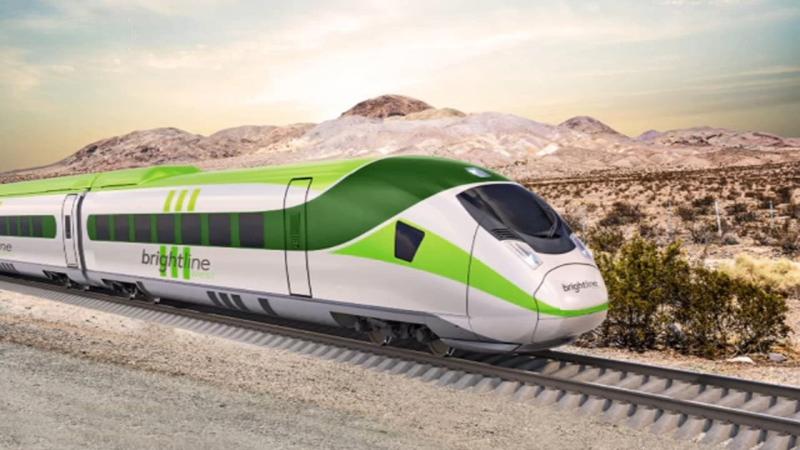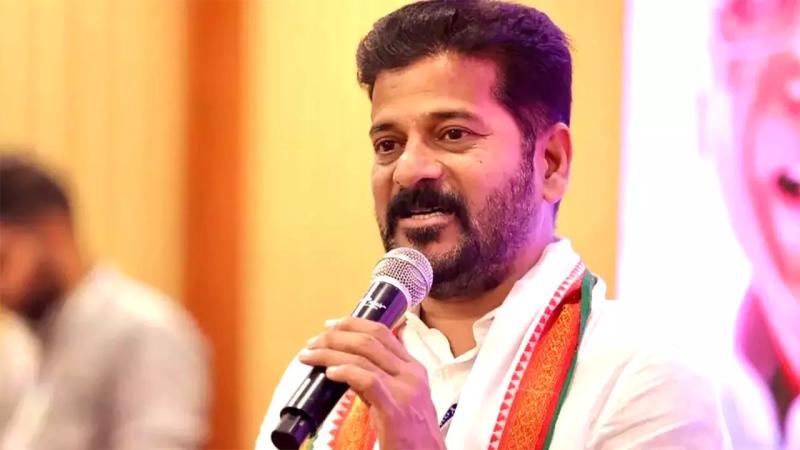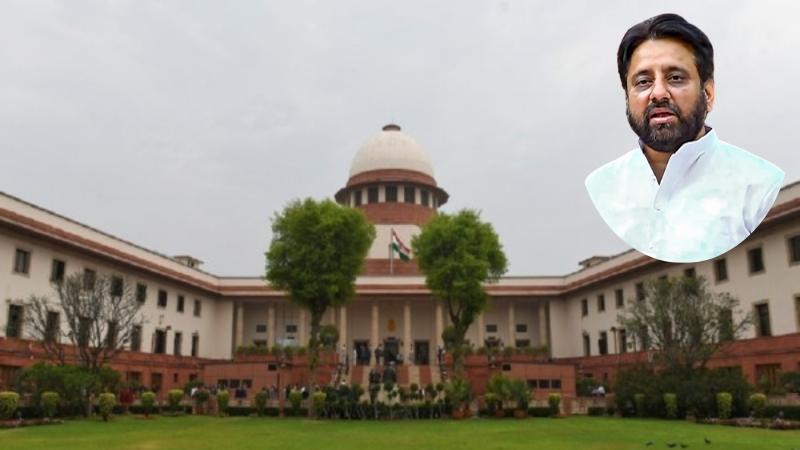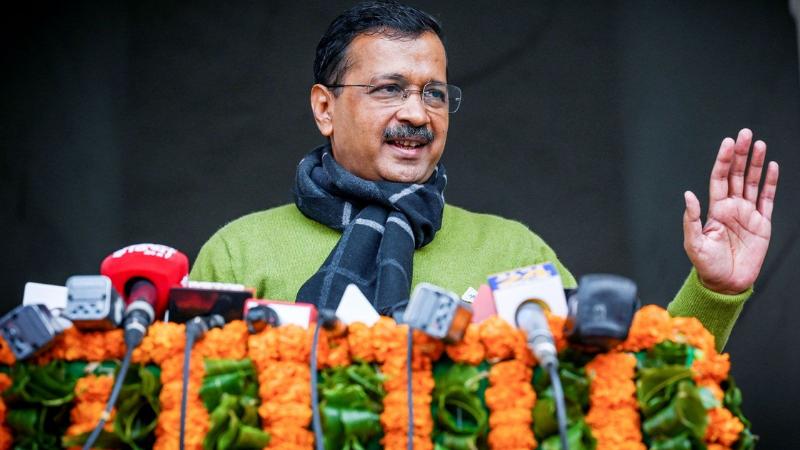Texas Lawmakers Target Houston-Dallas Bullet Train with New Bills to Block Local, State Funding

- devara
- 08 Apr 2025 06:40 AM
- #Business #Texas Central #High-Speed Rail #Houston to Dallas Train #Cody Harris #Texas Legislature
Efforts to halt the long-discussed Houston-to-Dallas high-speed rail project have returned to the Texas state legislature, reigniting a decade-long battle over one of the most ambitious transportation proposals in the state’s history. The Texas Central Railway project, which aims to connect Houston and Dallas in under 90 minutes using Japan’s Shinkansen bullet train technology, is once again under scrutiny in Austin, where lawmakers are advancing bills aimed at limiting or completely cutting off the use of public funds for the project. Two key pieces of legislation, House Bill 1402 and House Bill 2003, have been introduced by Rep. Cody Harris, a Republican representing Palestine, Texas, who has been a vocal opponent of the project. HB 1402 proposes to expand upon a 2017 law that already prohibits the use of state funds for planning, constructing, or operating high-speed rail lines operated by private entities like Texas Central. The amendment introduced in HB 1402 would go further by ensuring that no local or state money is used to modify roads or infrastructure connected to the project, a move designed to further isolate it financially.
This renewed legislative push reflects the ongoing tension between urban supporters of the high-speed rail project and rural communities in its path. The train would cut through rural counties between Houston and Dallas, and many landowners remain fiercely opposed, citing concerns about land seizure, declining property values, and limited benefits to local residents. These concerns have lingered despite legal victories by Texas Central, including a 2022 Texas Supreme Court ruling affirming the company’s right to use eminent domain. Opposition group Texans Against High-Speed Rail, led by Waller County Judge Trey Duhon, has continued to lobby against the project. During a recent legislative hearing on HB 1402, Judge Duhon described the project as a “washed-up, overhyped, underfunded, bait-and-switch” initiative and applauded the bill for protecting taxpayer dollars from being used in what he considers a failed venture.
On the other side, Andy Jent, representing Texas Central CEO John Kleinheinz, testified in favor of the project but admitted the company is still in the early stages of securing funding. Jent stated that only about 25 percent of the necessary land parcels have been acquired and reiterated that the company is not currently requesting taxpayer money. However, he noted the company eventually aims to “partner with the State of Texas and TxDOT to figure this out.” That comment drew skepticism from lawmakers, who demanded greater transparency about the project’s financial backers and long-term viability. In response to what lawmakers described as a lack of clarity during the hearing, Rep. Harris introduced a second bill—HB 2003—which would require high-speed rail operators to disclose detailed financial, organizational, and project-related information before applying for permits with the Texas Department of Transportation (TxDOT). The bill is designed to enhance transparency and prevent public agencies from being entangled in underfunded or speculative ventures.
Tensions escalated further when members of the House Transportation Committee expressed dissatisfaction with the information provided by Texas Central officials during testimony. As a result, the committee voted unanimously to issue subpoenas to compel Texas Central representatives to appear and provide the requested information under oath. Despite legal and financial hurdles, the project received renewed attention in 2023 when Amtrak announced its interest in partnering with Texas Central. Amtrak has since been conducting feasibility studies and, in February, issued a request for a “delivery partner” to explore building and operating the line. While Amtrak’s involvement has added a degree of credibility and optimism for supporters of the rail line, opponents remain unconvinced, particularly given the project’s troubled past—including periods when Texas Central had no CEO or active board of directors.
At the heart of the debate is a fundamental question about the future of transportation in Texas. Proponents argue that the Houston-to-Dallas bullet train would alleviate highway congestion on I-45, reduce travel times, and create economic development opportunities. Opponents counter that the train would disproportionately harm rural communities and drain public resources without delivering commensurate benefits. For now, both HB 1402 and HB 2003 remain under review in subcommittee, but the strong reactions from both sides signal that the battle over high-speed rail in Texas is far from over. Whether the legislation advances or stalls, the outcome will significantly impact the viability of a project that has been more than a decade in the making and continues to symbolize both innovation and controversy in equal measure.












































